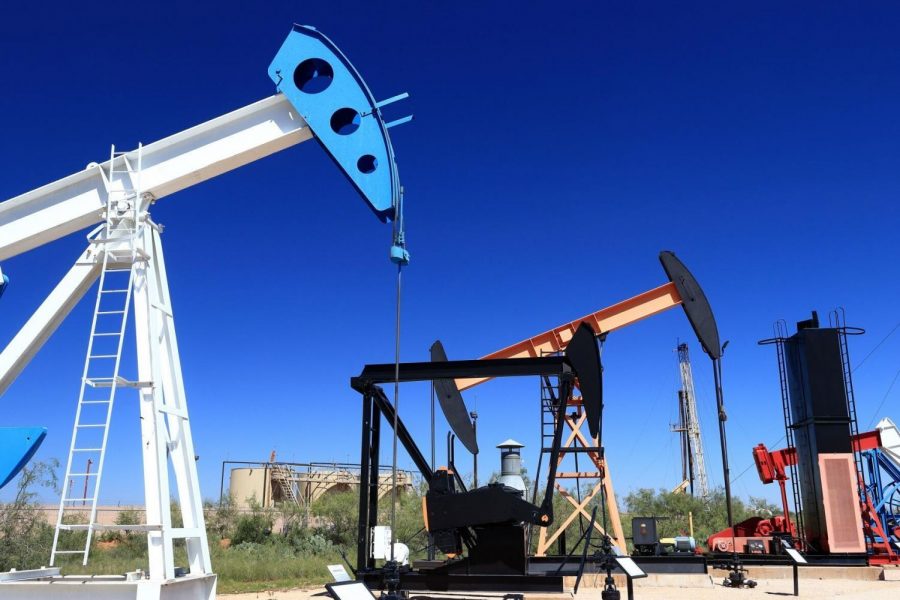Oil and gas advocate criticizes New Mexico AG for not joining multi-state lawsuit against Biden’s federal lands moratorium
April 5, 2021
(The Center Square) – An advocate for the oil and gas industry is questioning why the state of New Mexico has not joined a lawsuit against President Joe Biden’s leasing moratorium on federal lands filed by 14 other states.
Wyoming, Louisiana and 12 other states filed the lawsuit last month claiming Biden’s executive order banning new oil and gas leases on federal lands violates federal law.
“Leaders in fourteen other states are standing up for their energy industry and it’s pathetic to see New Mexico’s Attorney General sit on the sidelines,” Larry Behrens, Western States Director for Power The Future, told The Center Square. “[AG] Hector Balderas was more than happy to sue the previous administration when his eco-left supporters demanded it. Now that New Mexico is losing rigs to Texas, Balderas is silent.”
About 55% of oil and gas wells in New Mexico are drilled on federal lands, particularly in the Permian Basin. In Texas, oil and gas drilling in the Permian Basin is largely done on private land, which won’t be affected by Biden’s order.
“It’s past time New Mexico’s leaders stand up for our workers before their out-of-state, eco-left supporters,” Behrens said.
A Federal Reserve Bank of Dallas report estimates that “by the end of 2025, the Permian Basin will produce between 230,000 and 490,000 barrels per day less than if drilling activity continued at its current pace. As a result, production and employment across the basin will gradually shift from federal lands in New Mexico to private and state lands in New Mexico and Texas, with wide-ranging economic implications for the region.”
The 14-state lawsuit alleges that the U.S. Department of Interior violated federal law by not taking public input before implementing the executive order that halted new lease sales.
President Joe Biden signed the executive order on Jan. 27 as part of his administration’s aggressive efforts to curb climate change and prioritizing green energy.
The lawsuit also alleges state government and the public were denied “an opportunity to participate in the decision-making process” in violation of the Federal Land Policy and Management Act, and the National Environmental Policy Act.















